A Draft Philosophy GCSE Curriculum
Philosophy encompasses the history of how human communities have understood their universe, themselves and their society. Philosophy inducts students into these still live questions of the nature of reality, of human consciousness, good ethical conduct and just political society by orienting them in the long historical sweep of philosophical debates on these questions. As such philosophy offers ‘powerful knowledge’, knowledge that allows students to build schemas in which large areas of cultural and scientific understanding can be ordered.
One of the key course aims of the curriculum draft for a philosophy GCSE outlined here is that by end of the course the students should have studied philosophical arguments which give them an understanding of the broad overall timeline of the history of humans’ understanding of their cosmos, themselves and their society – ordered into three broad periods, the Classical, Medieval and Modern. Another key aim is to give students the chance to apply the techniques of philosophical argumentation to vital open contemporary questions in discussion, to engage them in thinking for themselves and with each other in determining their stance on these open questions of how we should understand our place in the cosmos, ourselves and our society.
The Classical Age
The understanding of cosmos, humans and society in the classical age and its development from earlier mythological understandings of the universe.
Pre-history to Pre-socratics (BP – Pre-500 BC)
Classical Greece
(500-600 BC)
Roman world
(600 BC – 400 AD)
The Individual and Society
The transition from mythological understanding of the world to a philosophical one.
The Axial age – Karl Jaspers
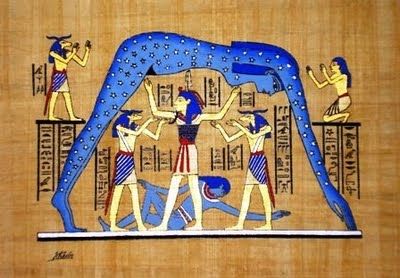
Socrates and Athens
The Trial – Plato
The Republic – Plato
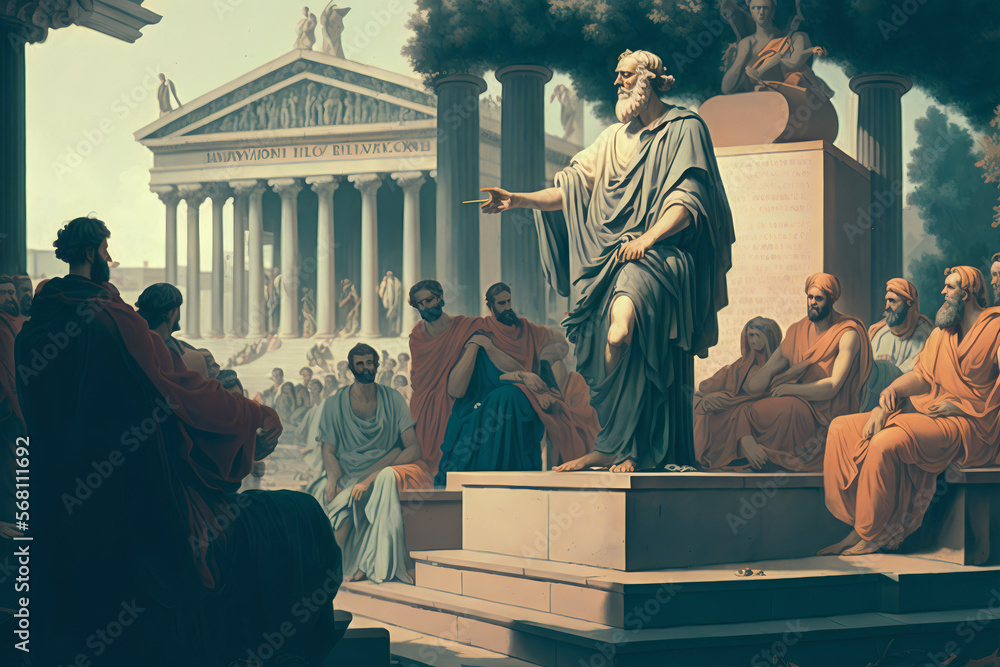
Stoicism
Meditations – Marcus Aurelius
Reason, number and Logic
Pythagoras
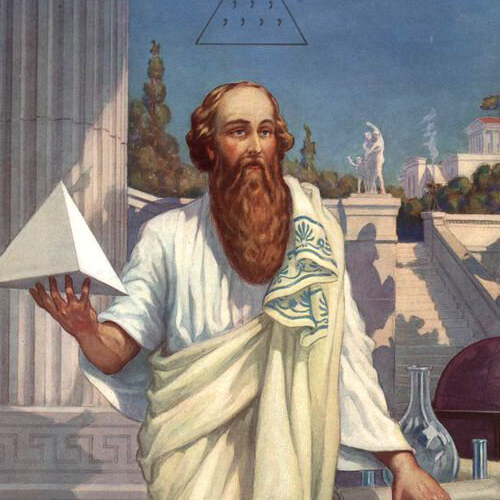
Aristotle
Aristotle’s Metaphysics
Aristotle’s Logic

Euclid
Humans and The Cosmos
Pre-socratics
Thales and Anaximander
From Myth to Thought
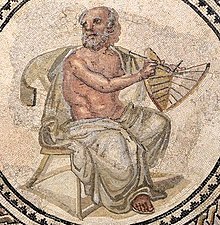
The world of the forms – Plato’s Cave
Aristotle’s – Astronomy – The Crystal Spheres
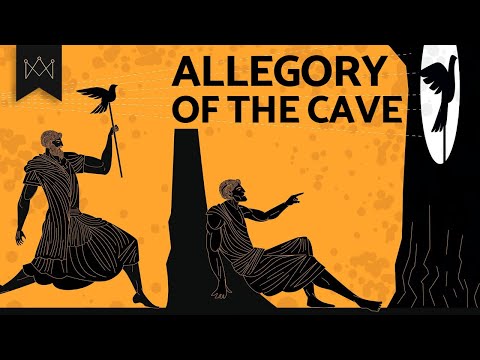
Lucretius
On the nature of things
The Medieval Age
The understanding of the cosmos, humans and society in Christendom and the Islamic world
Medieval Christendom (400-1200)
Islamic Golden Age
(800-1100)
Medieval Europe
1200-1500
The Individual and Society
St Augustine
The City of God
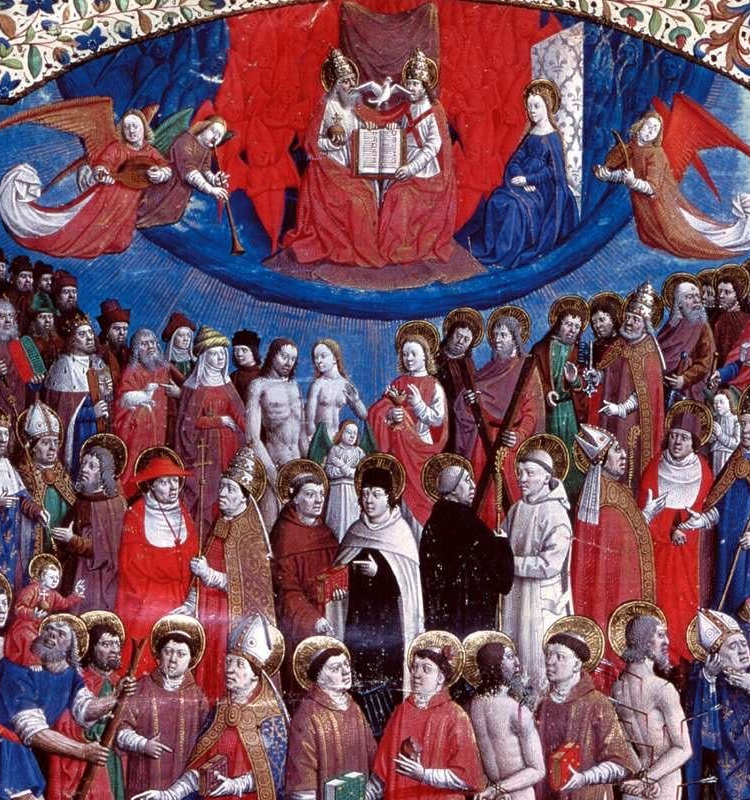
Averroes and Avicenna (Aristotelianism and Platonism in Islam)

St Anselm and the investiture controversy
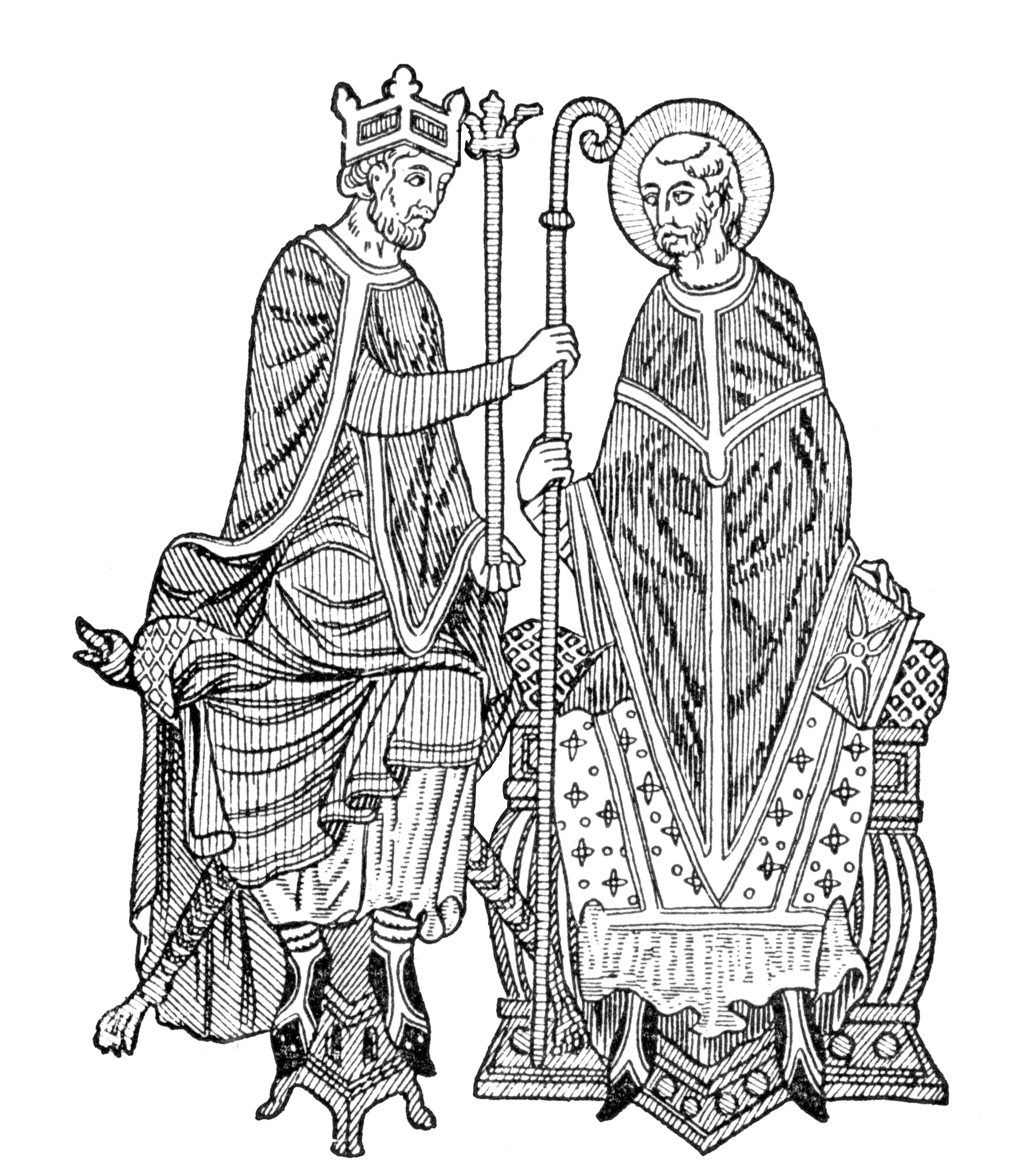
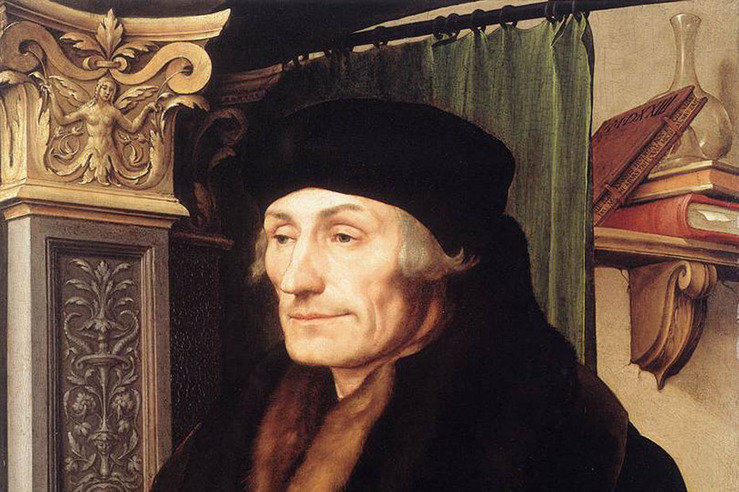
The re-discovery of the classical tradition
Ficino
Erasmus and Luther
Reason, number and Logic
Anselm’s proofs of God
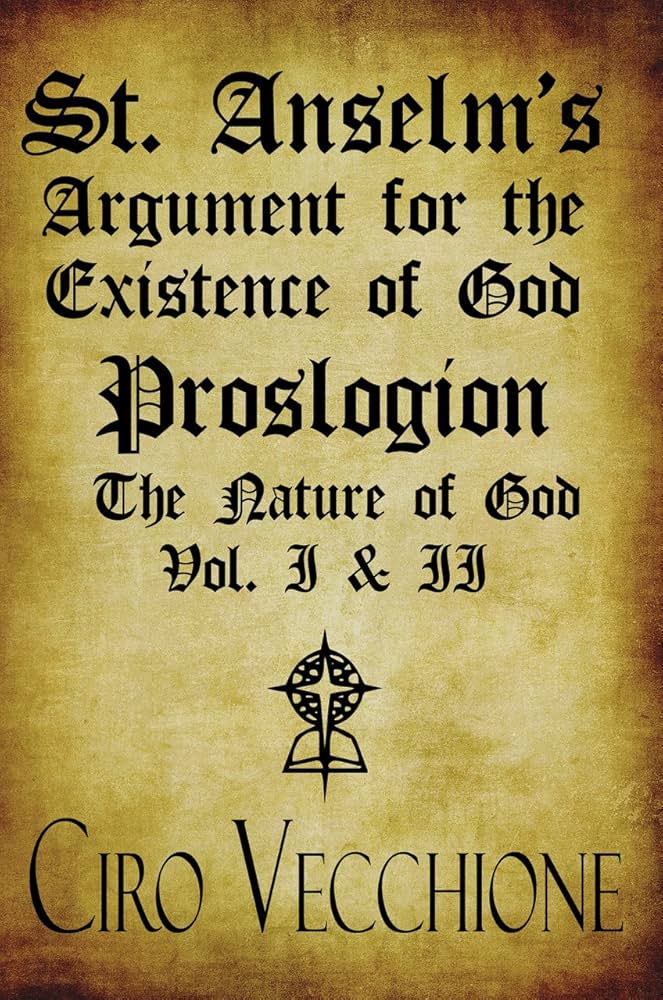
Islamic Mathematics
Al Khwarizmi
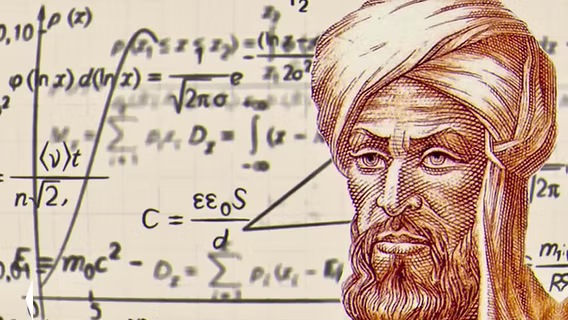
William of Ockham
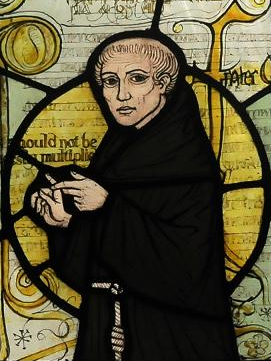
Humans and The Cosmos
Thomas Aquinas
Summa Theologica
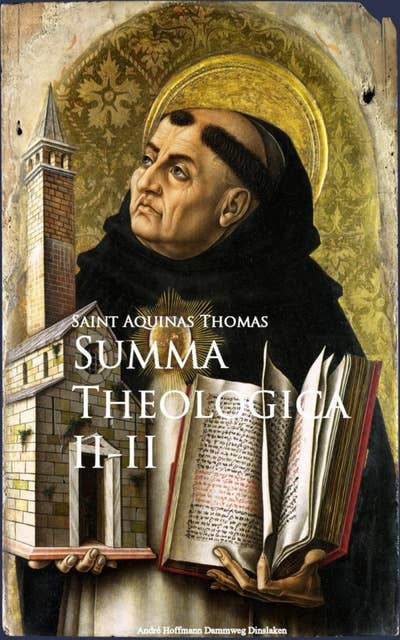
Islamic Golden Age Cosmology
Al Ghazali
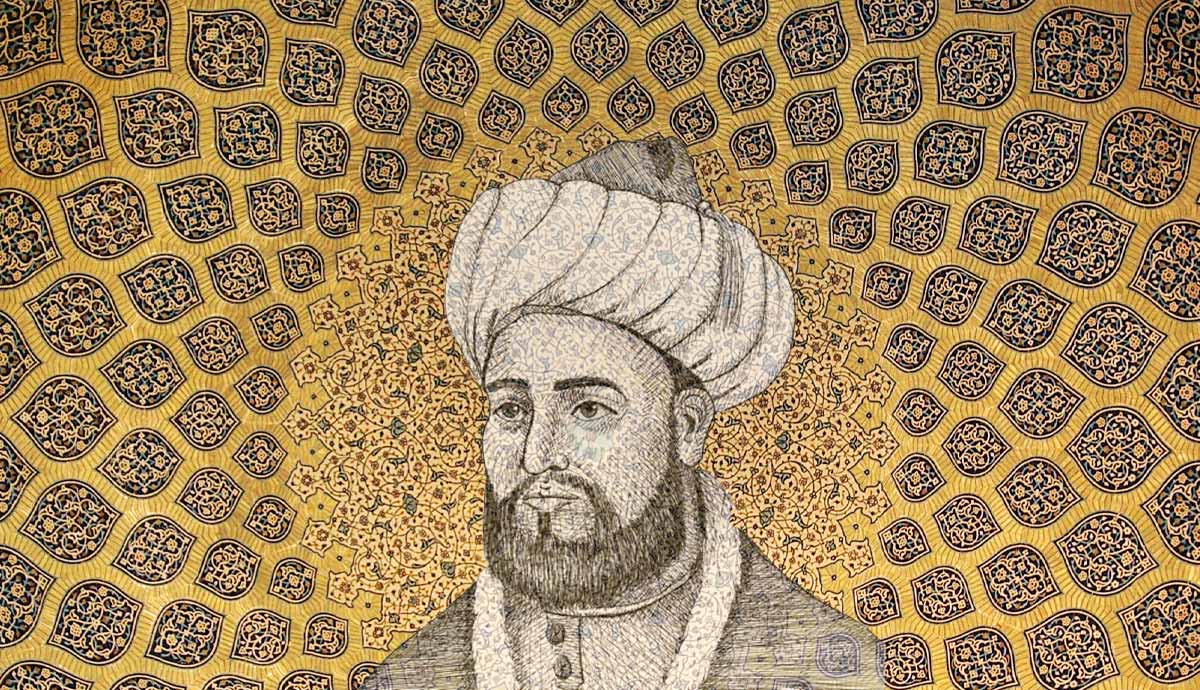
Duns Scotus
Bacon
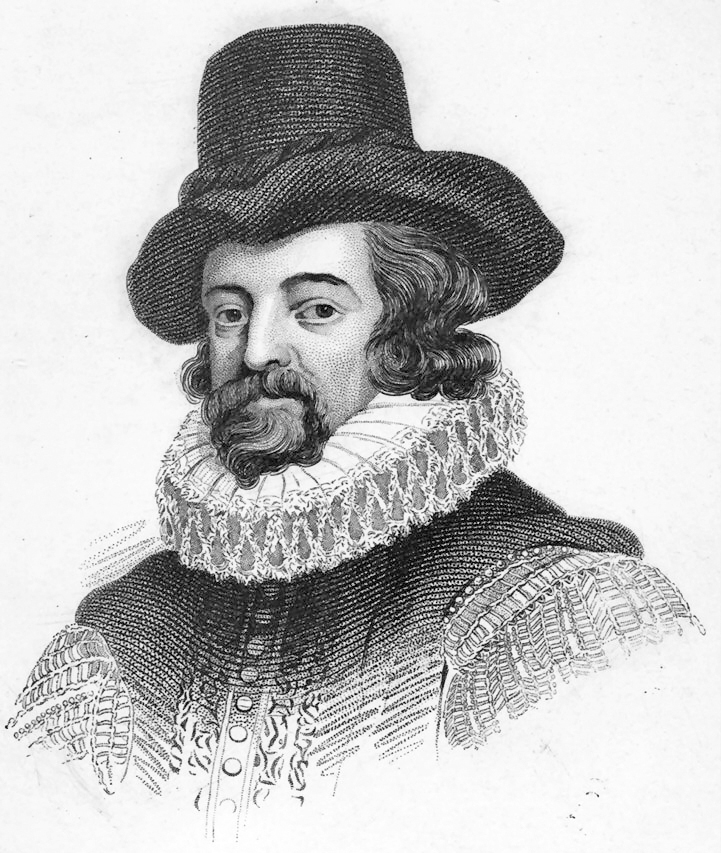
Dante’s Cosmos
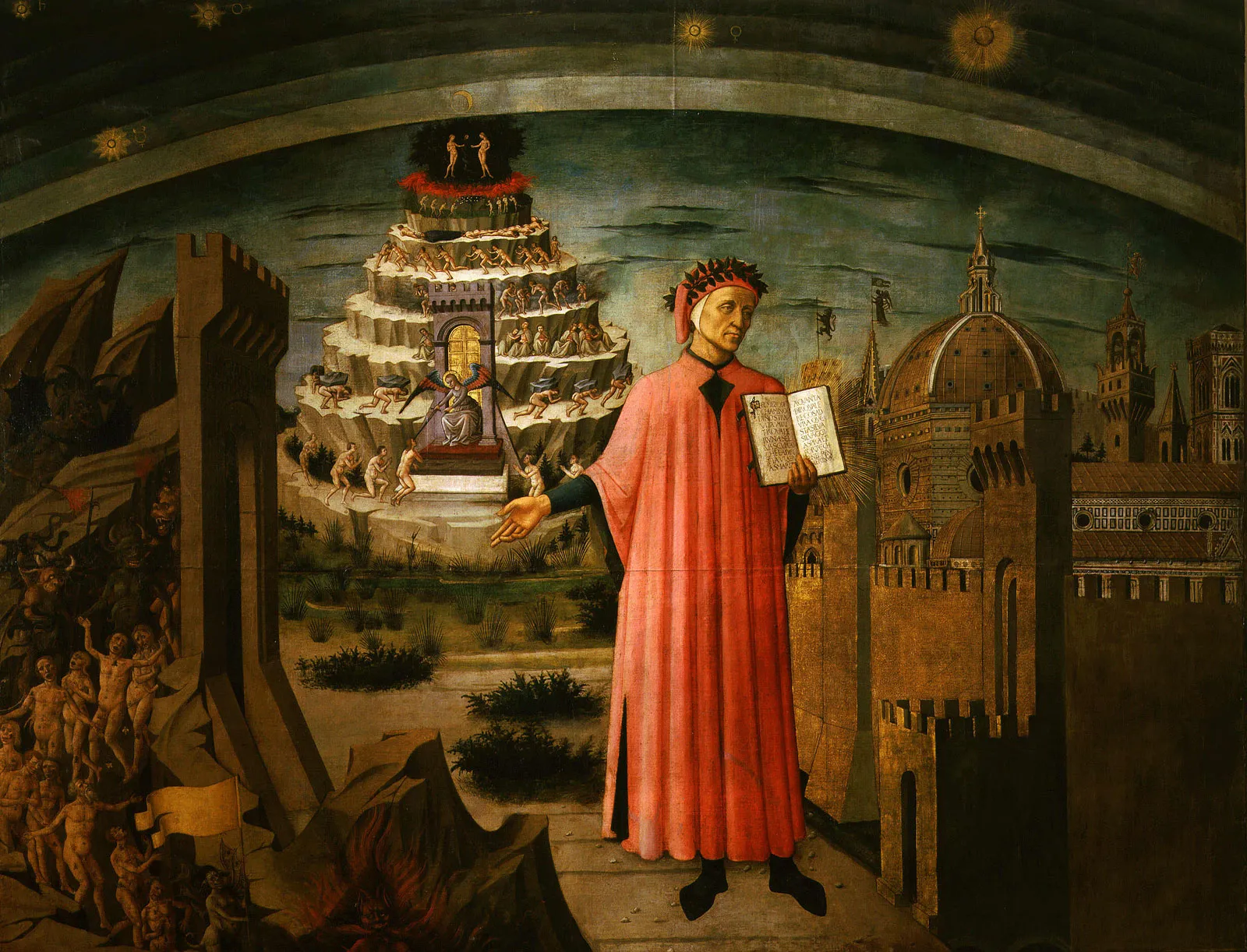
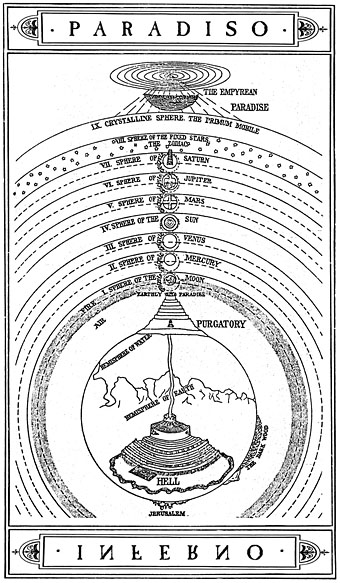
The Modern Age
The understanding of the cosmos, humans and society in the modern scientific view of the universe, humans and society and its development in the early modern period
Early Modern Europe
(1500-1750)
Enlightenment Europe
(1750-1850)
Modern Europe
(1850-1950)
The Individual and Society
Machiavelli’s Virtu and Christian Virtue
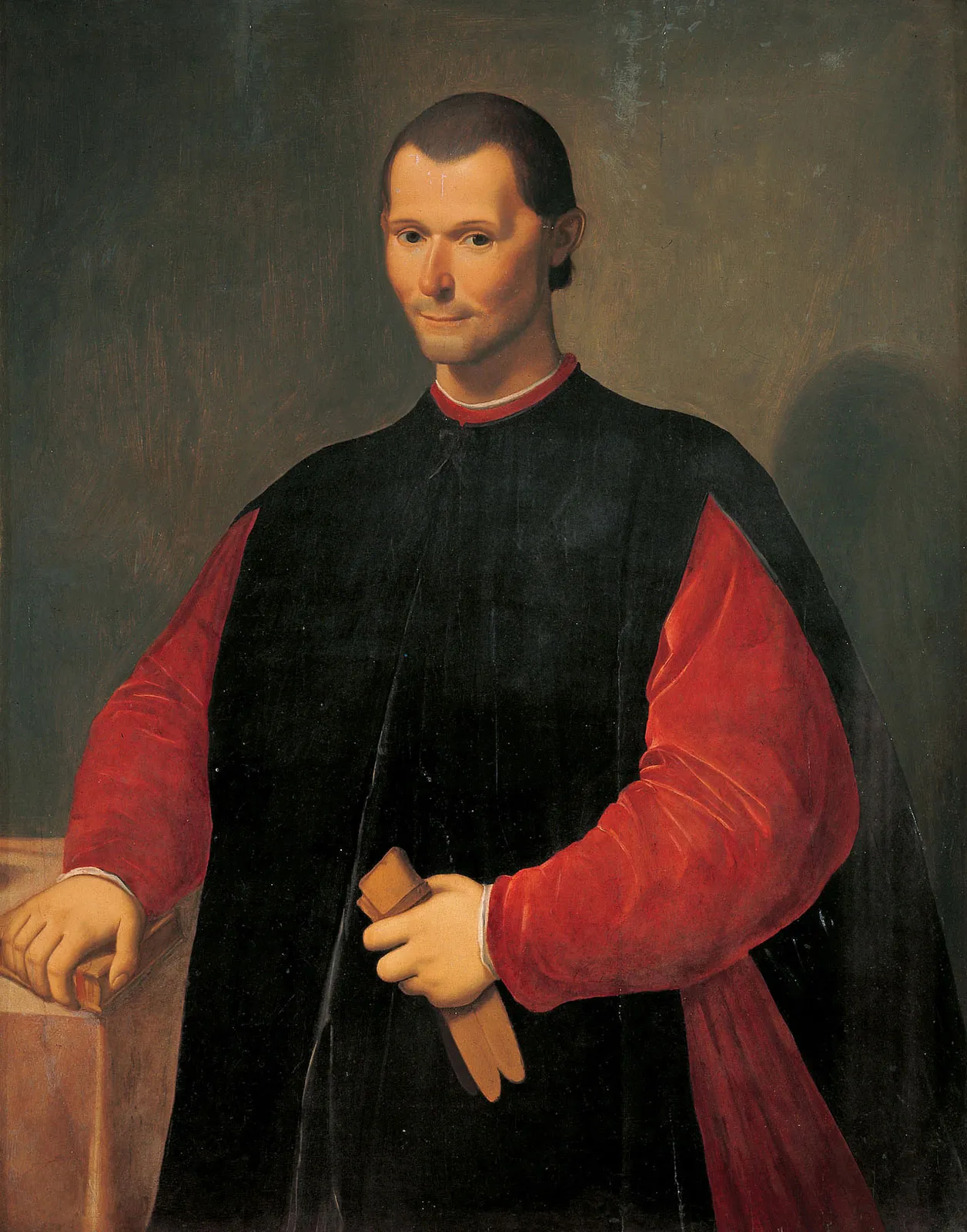
Hobbes and Rousseau on Human Nature

The Nation and Cosmopolitanism
Kant and Herder
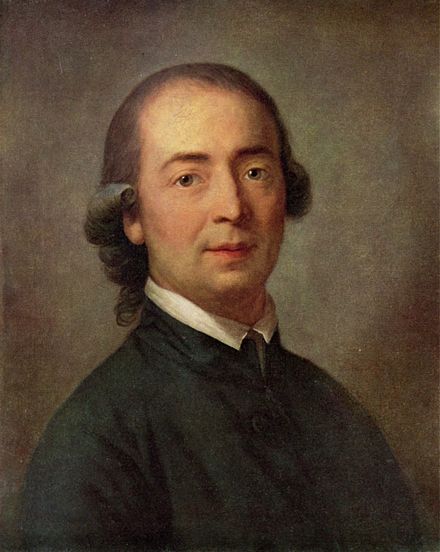
Burke and Paine on revolution.
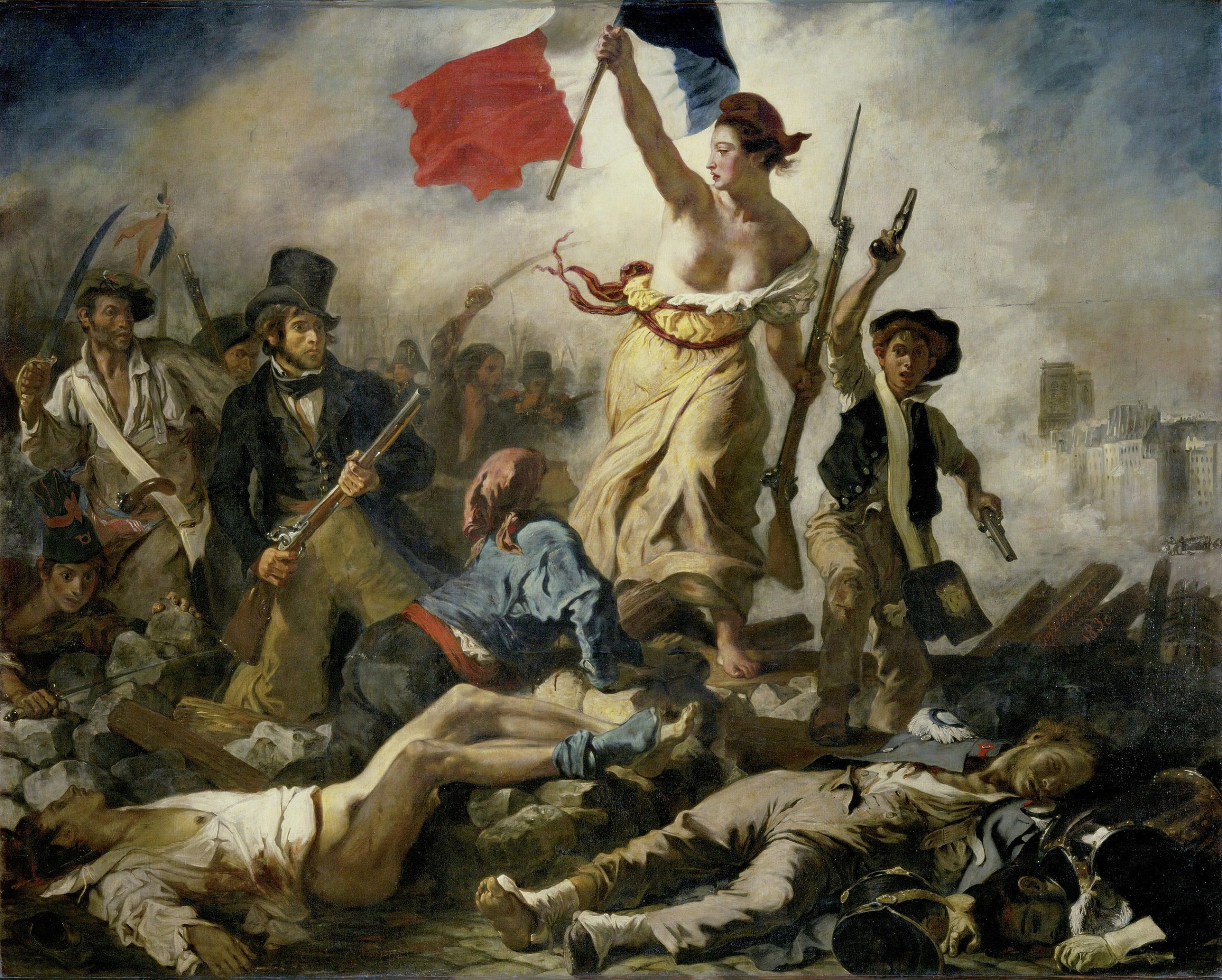
The rights of woman
Mary Wollstonecraft
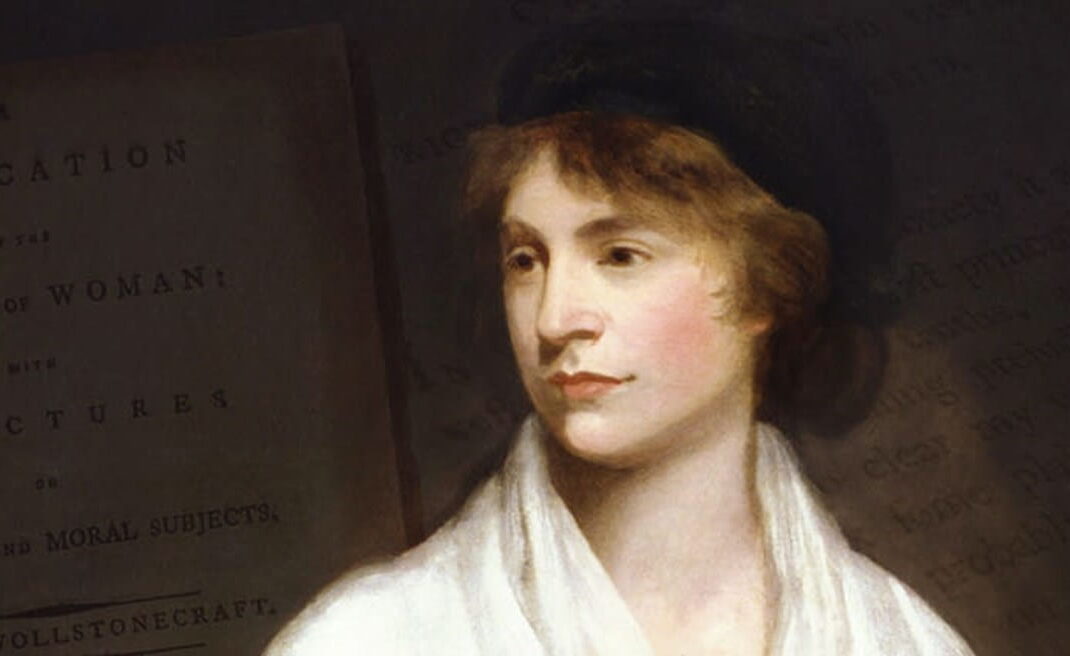
Reason, number and Logic
Copernicus
Newton and Leibniz and Calculus
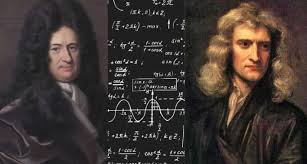

Cantor and Godel – Infinity and Contradiction
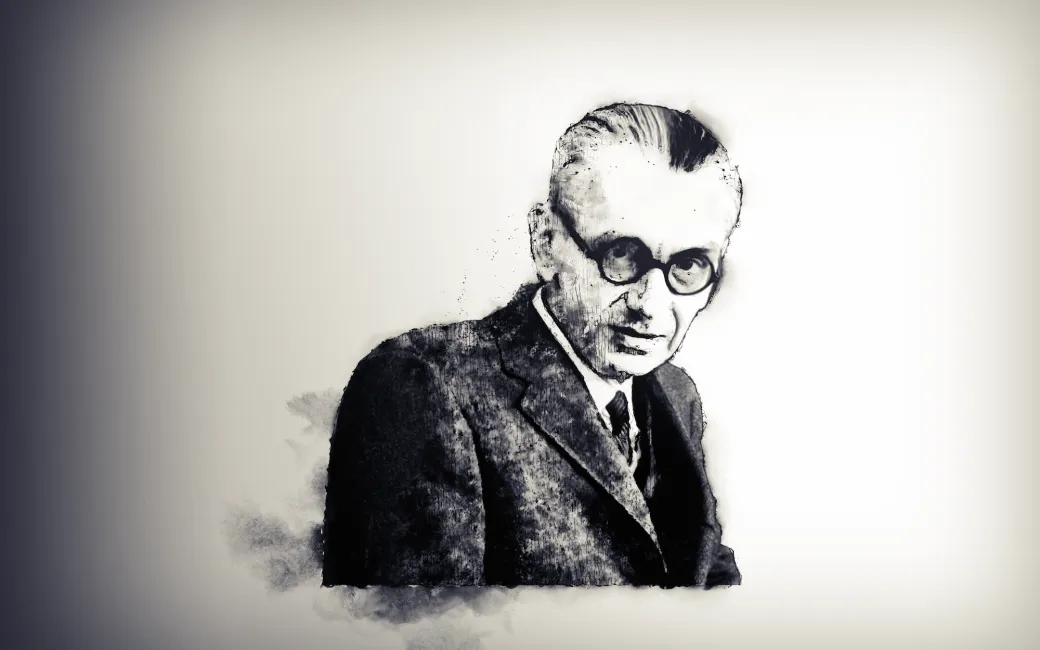
Modern Logic
Frege and Russell

The foundation of computing
Boole and Turing
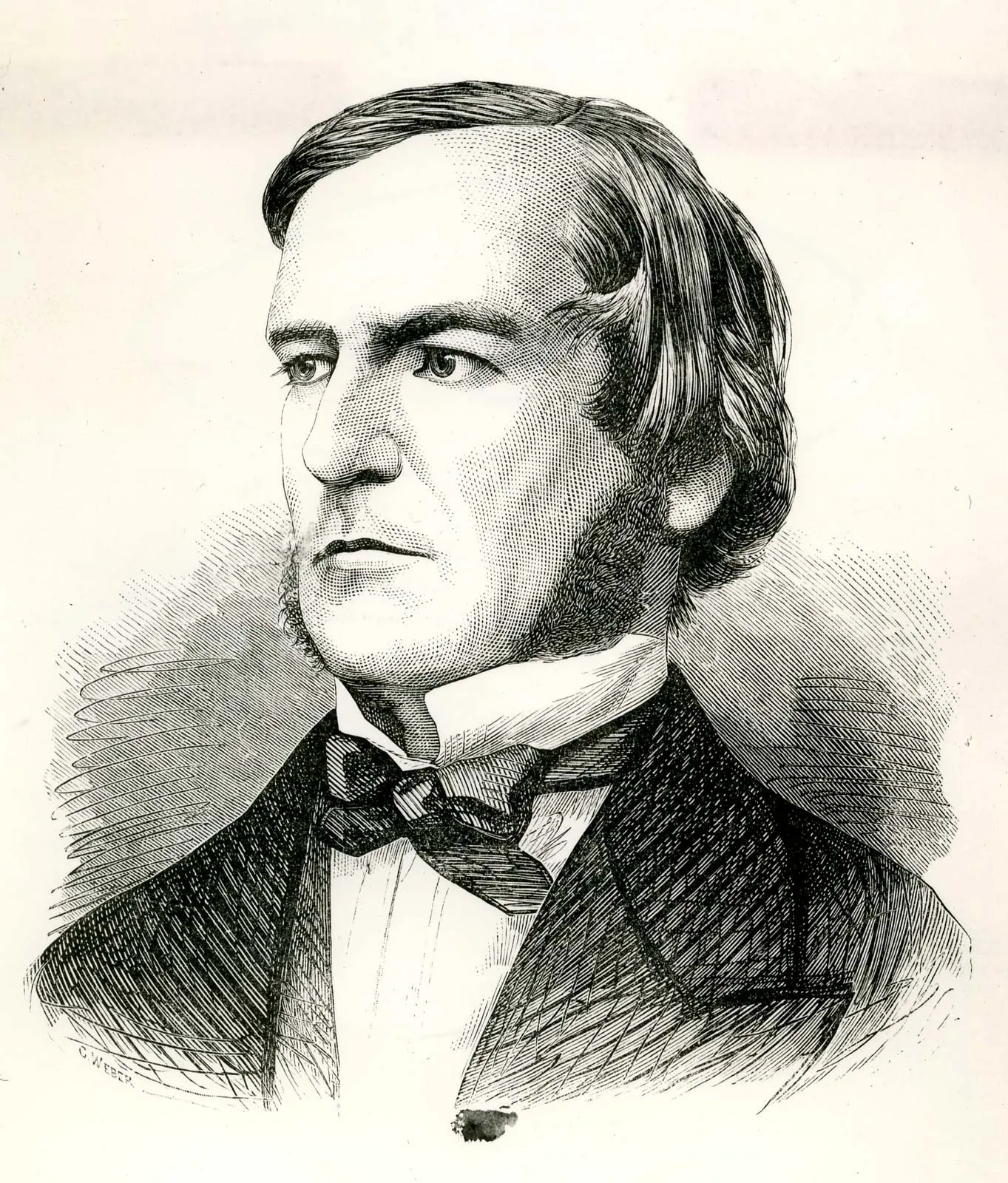
Humans and The Cosmos
Galileo and the Pope
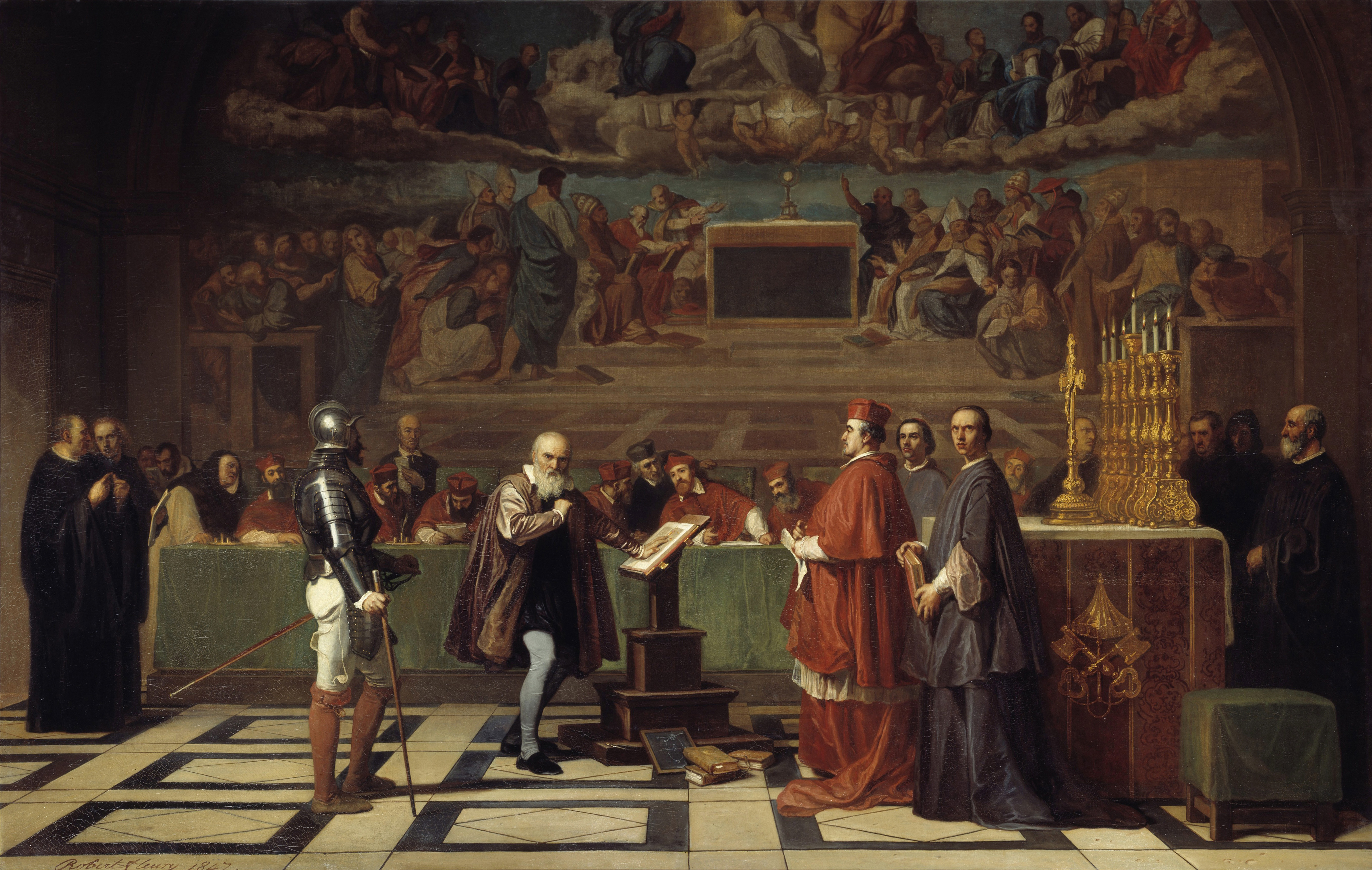
Descartes and Leibniz
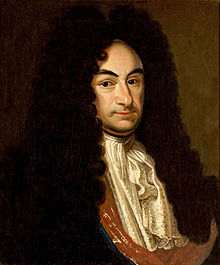
Locke and Hume
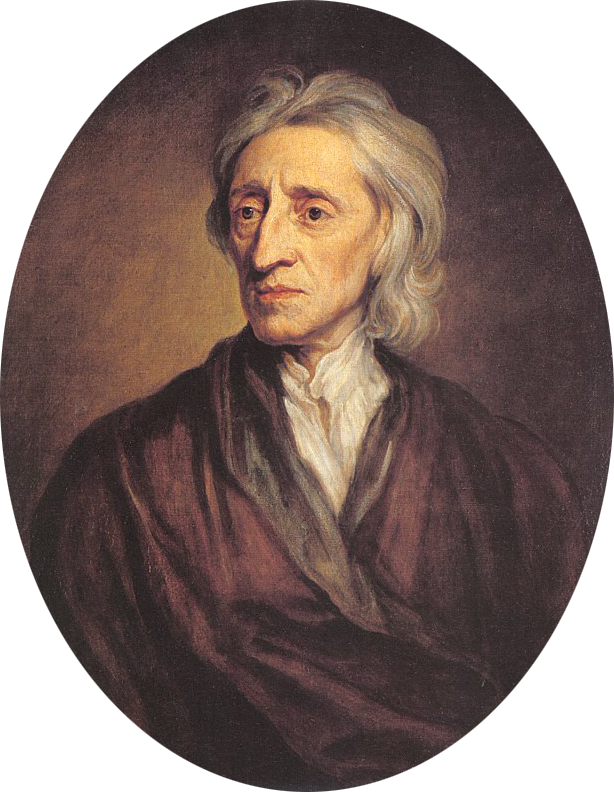
Modern Physics and the Cosmos
Einstein’s space-time and its contrasts with newtonian space time
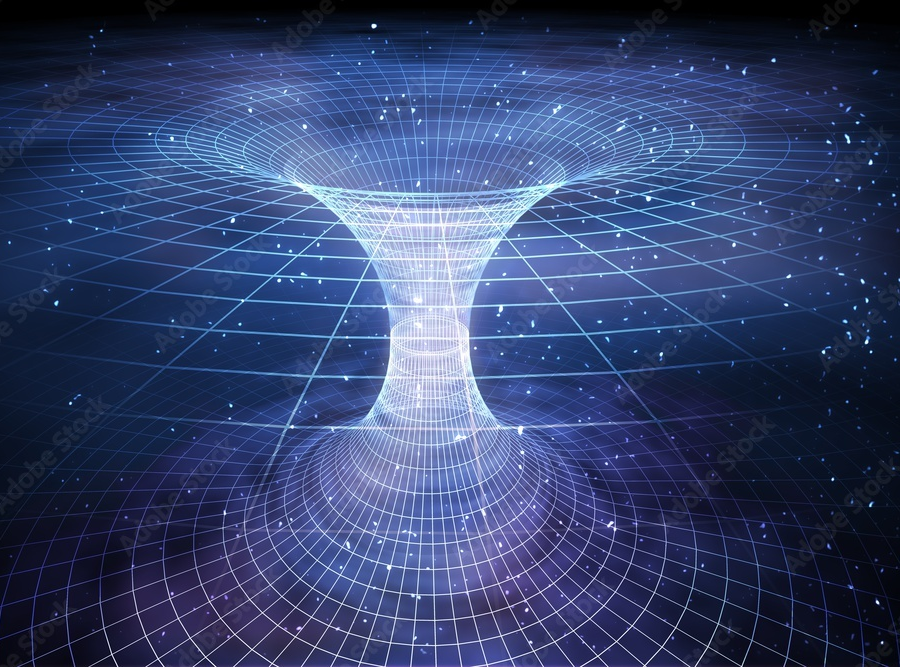
The modern significance of the Cosmos
The Human Condition Hannah Arendt

